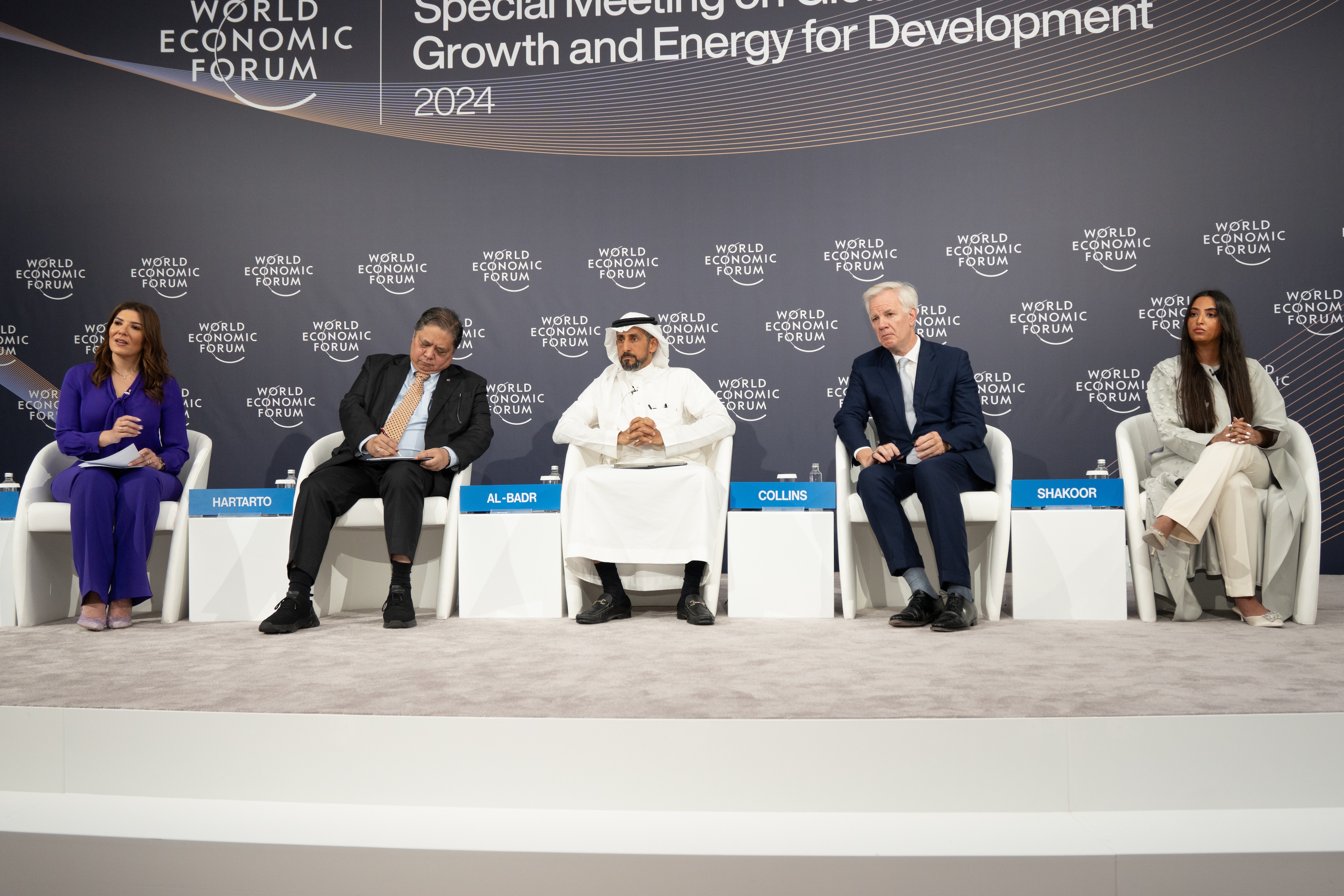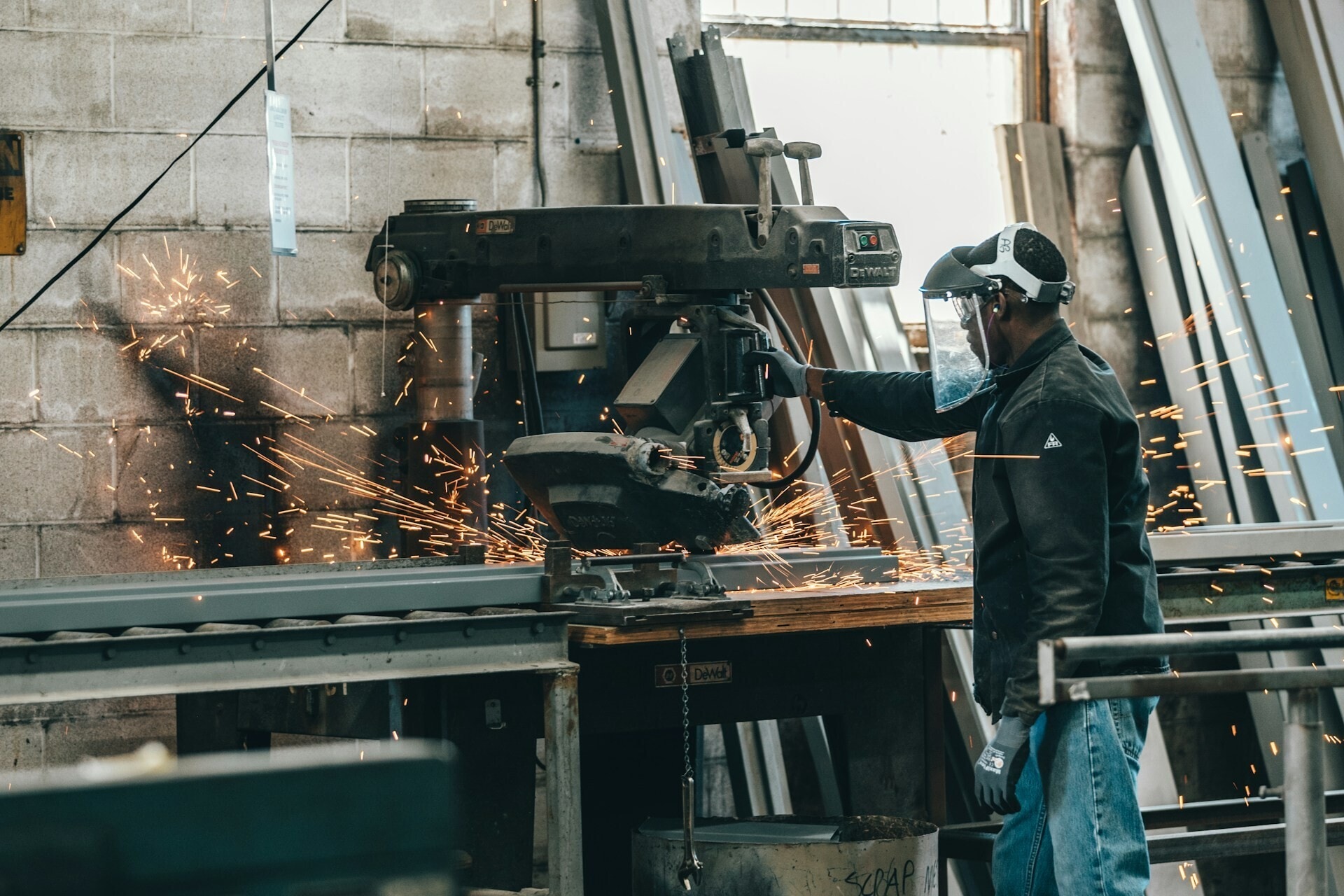3 things every child needs


Get involved with our crowdsourced digital platform to deliver impact at scale
Stay up to date:
Future of Work
I am always interested in seeing the impact that our foundation has here in our hometown of Seattle. I had a chance to do just that with recent visits to White Center Heights Elementary School, the Educare School of Greater Seattle, and the Brettler Family Place housing development in the Sand Point neighborhood.
What I found was that there are many parallels between our local work and our global work – specifically, there are a few things that every child needs to lead a healthy, productive life:
- A stable place to call home
- Good schools, with highly qualified teachers
- Strong communities that foster a sense of opportunity
How we think about these three elements has changed over time. With some notable exceptions, the philanthropic and policy communities had tended to look at education, housing and social services as distinct categories, separate from one another.
We know now that outcomes for children and families are better when the systems that serve them are working together. We’re seeing more and more examples of that as school districts and housing authorities partner to provide combined services.
The fundamental shift is one of culture and attitude.
When I spoke with a formerly homeless mom and asked what had helped her the most, she didn’t answer with a program or policy. What she said was, “We needed to be treated with respect, and that’s what made me want to jump and do something.”
In successful schools, the cultural shift involves the elevation of expectations: the belief that all children can learn. I love visiting classrooms, and seeing this empowered attitude at work was a real thrill.
As Highline Schools Superintendent Susan Enfield said, “All of a sudden we have kids doing things we never thought possible.”
A change in culture leads to a change in practice, and I saw what a difference it makes when we step away from relatively impersonal, one-size-fits-all systems and give people the dignity and individual attention they deserve.
It means that social workers and housing providers are offering tailored services to meet the real needs of families. It means schools and teachers are offering personalized and blended learning to meet the real needs of students.
Of course, such a personalized approach demands more from everyone – and not only from the teachers, social workers, health professionals and others who provide assistance, but also from the people who are striving, with this assistance, to build a better future for themselves.
We all need the honesty to admit that the status quo isn’t good enough, and the flexibility and resilience to change our approach as needed.
We have to tap into the rich knowledge of local communities and empower them to help create their own solutions.
We have to challenge ourselves to keep learning, keep growing, work smarter and make a real difference.
It was truly inspiring to see some of the good work we’re doing in Seattle. While the foundation’s efforts span the globe, we maintain a long-standing and deep commitment to improving the lives of children and families right here at home.
I encourage you to learn more about our Pacific Northwest initiatives here.
This article is published in collaboration with The Bill & Melinda Gates Foundation. Publication does not imply endorsement of views by the World Economic Forum.
To keep up with Forum:Agenda subscribe to our weekly newsletter.
Author: Dr. Sue Desmond-Hellmann, chief executive officer, leads the foundation’s efforts to promote equity for all people around the world.
Image: Coloured pencils are pictured in a wooden box at a nursery school in June 18, 2012. REUTERS/Michaela Rehle.
Don't miss any update on this topic
Create a free account and access your personalized content collection with our latest publications and analyses.
License and Republishing
World Economic Forum articles may be republished in accordance with the Creative Commons Attribution-NonCommercial-NoDerivatives 4.0 International Public License, and in accordance with our Terms of Use.
The views expressed in this article are those of the author alone and not the World Economic Forum.
Related topics:
The Agenda Weekly
A weekly update of the most important issues driving the global agenda
You can unsubscribe at any time using the link in our emails. For more details, review our privacy policy.
More on Jobs and the Future of WorkSee all
Simon Torkington
May 1, 2024
Johnny Wood
May 1, 2024
Giannis Moschos
May 1, 2024
Maria Mexi and Mekhla Jha
April 30, 2024
Stéphanie Bertrand and Audrey Brauchli
April 29, 2024
Elselot Hasselaar
April 29, 2024






